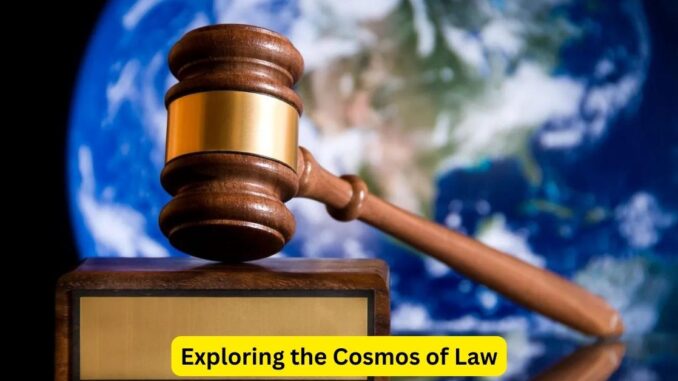
In the vast expanse of human civilization, the legal system serves as a universe unto itself—a complex and interconnected web of laws, regulations, and principles that govern societies and shape human interactions. Just as astronomers explore the cosmos to understand the mysteries of the universe, legal professionals delve into the depths of the legal universe to interpret its intricacies, navigate its complexities, and uphold the rule of law.
At the heart of the legal universe are the foundational principles upon which laws are built. These principles, such as justice, fairness, and equality, serve as guiding stars, illuminating the path for legal practitioners and shaping the evolution of legal systems around the world. Just as stars form constellations that navigate the night sky, legal principles form the framework within which laws are interpreted and applied.
The legal universe encompasses a diverse array of legal systems, each with its own unique constellation of laws, customs, and traditions. Common law systems, rooted in judicial precedent and case law, coexist with civil law systems, which rely on codified statutes and legal codes. Islamic law, customary law, and indigenous legal systems further enrich the legal landscape, reflecting the cultural and historical diversity of human societies.
Within this legal cosmos, lawyers and legal scholars act as celestial navigators, charting courses through the complexities of the law. Their expertise enables them to interpret legal texts, analyze precedents, and apply legal principles to real-world situations. Just as astronomers use telescopes to observe distant galaxies, legal professionals use research tools, databases, and legal scholarship to explore the far reaches of the legal universe.
The legal universe is not static but dynamic, constantly evolving in response to societal changes, technological advancements, and shifts in political landscapes. New laws are enacted, legal precedents are set, and legal doctrines are reinterpreted to address emerging challenges and address evolving societal needs. Legal practitioners must adapt to these changes, updating their knowledge and skills to navigate the ever-shifting currents of the legal cosmos.
Legal education serves as the launching pad for aspiring legal professionals, equipping them with the knowledge, skills, and ethical compass needed to explore the legal universe. Law schools provide the intellectual tools and analytical frameworks necessary to understand the complexities of the law and navigate its intricacies. Moot court competitions, internships, and clerkships offer practical experience and allow students to apply theoretical knowledge to real-world legal challenges.
As legal practitioners traverse the legal universe, they encounter a myriad of legal issues and dilemmas. From criminal law to corporate law, family law to international law, the legal universe encompasses a vast spectrum of legal disciplines and specialties. Legal professionals may choose to specialize in a particular area of law, focusing their expertise and honing their skills to address specific legal challenges and serve the needs of their clients.
In conclusion, the legal universe is a rich and diverse cosmos, teeming with laws, principles, and legal systems that shape the course of human societies. Legal professionals serve as celestial navigators, exploring the depths of the legal cosmos, interpreting its intricacies, and upholding the rule of law. By delving into the mysteries of the legal universe, lawyers and legal scholars contribute to the advancement of justice, the protection of rights, and the maintenance of order in society.
Leave a Reply